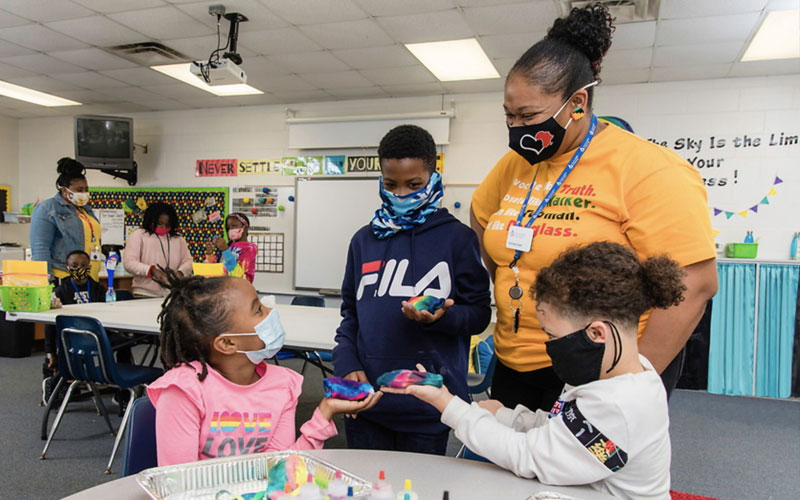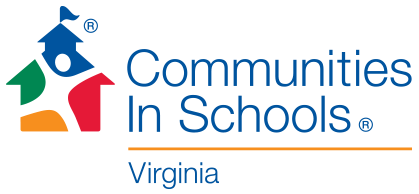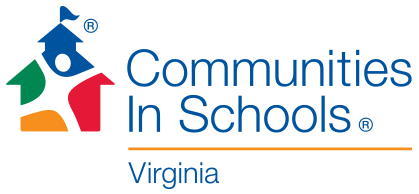
When we holistically address students’ needs with tailored, coordinated and sustained supports, we break down immediate and systemic barriers to create and sustain equitable outcomes. Dr. Mark Emblidge and Dr. Dan Domenech shared how the CIS-VA network is providing critical supports to students during extraordinary times in this Richmond Times-Dispatch opinion article.
Last spring’s school closure proved that the relationships between site coordinators and families are life-savers, especially in times of crisis. Site coordinators headed into neighborhoods to meet the students who needed them, facing the realities of poverty, homelessness and hunger head-on. They became frontline workers, distributing food and clothing, finding ways to have critical in-person check-ins while socially distanced, conducting family needs assessments, helping households navigate technology and addressing stress and trauma. Between March and June, individual case management and family engagement supports provided by CIS in Virginia increased by 117%.
As communities grapple with the impact of COVID-19, CIS site coordinators continue going above and beyond to buffer our most vulnerable students from the impact of the pandemic. Home visits are the top support provided to case managed students and their families, with significant increase in social-emotional check-ins and interventions provided (nearly 2,000 more CIS students have documented goals in this area this school year compared to last). Attendance monitoring also looks different, with site coordinators monitoring digital log-ins and taking action when a student goes missing. Overall, site coordinators must engage more deeply with families and households to help clear barriers to remote learning.

